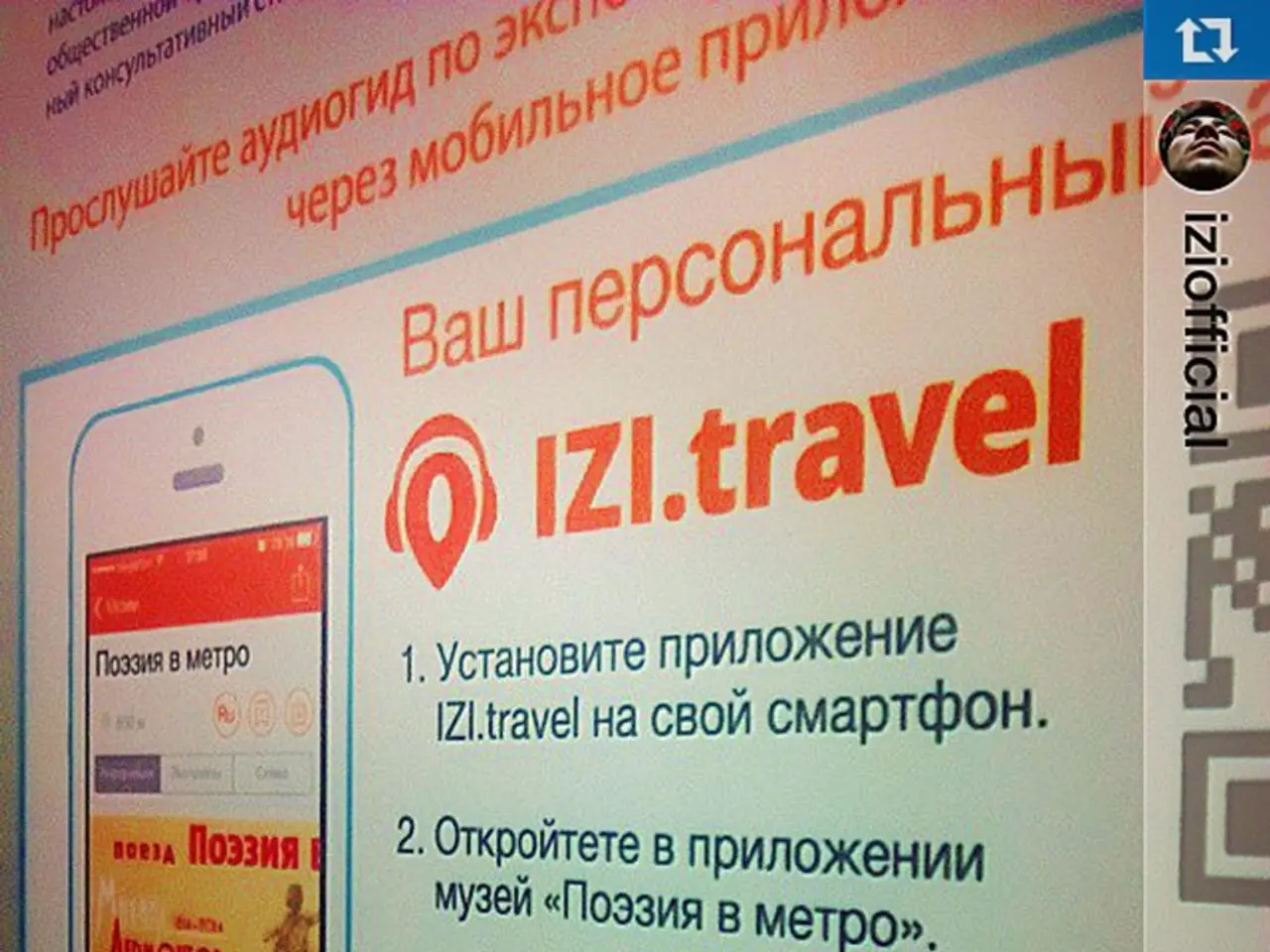Unveiling of New Marketing Regulations: June 2025
The UK's Advertising Standards Authority (ASA) has issued a strong warning to advertisers of medicated weight-loss treatments, emphasising the importance of clear and obvious advertising disclosures in influencer marketing on social media platforms [1][2].
The latest regulations require influencer advertising to be clearly identifiable as ads, regardless of the type of marketing—paid promotion, affiliate marketing, or the influencer promoting their own products/services. Influencers must disclose when they receive any payment, incentives, or have any commercial or personal connection to the brand featured in their content [1][3].
All influencer content with brand connections must include clear advertising disclosures, such as "Ad" or "#ad". These disclosures must be prominent within the actual post, not buried in bios or other unrelated posts [1][3]. Even when platforms ban hashtags in ads, the ASA still requires that ads be clearly identified, so influencers and brands are encouraged to use clear textual disclosures [3].
The ASA works alongside the Competition and Markets Authority (CMA) to enforce these rules under consumer protection law, specifically following the updated Digital Markets, Competition and Consumers Act 2024 (DMCCA), which took effect from April 6, 2025 [2]. The CAP Code, which governs influencer posts, ensures transparency and prevents misleading ads across all social media formats [1][2].
When a third-party brand has editorial control over influencer content, both the influencer and the brand can be named in ASA rulings if the code is breached [1]. The ASA's 2024 annual report highlights significant enhancements in ad monitoring using Artificial Intelligence (AI) [4].
The ASA has also held marketers accountable for unauthorized e-cigarette adverts placed by third-party aggregators and found ads misleading for implying that advertisers based overseas were based in the UK and omitting the marketers' geographical addresses [5].
The ASA has reminded advertisers about the rules around promoting weight-loss prescription-only medicines and has ruled against Henry's Boots' use of AI-generated ads, finding them misleading [6]. The ASA has also found Viagogo's claim that "over half the events listed on Viagogo had tickets selling below face value" to be misleading [7].
In a ruling, the ASA has required Henry's Boots to stop using certain advertising practices [8]. The ASA's latest report focuses on public concerns about advertising, particularly in relation to context, portrayal, and misleadingness [9].
In summary, the latest ASA guidelines mandate clear, upfront, and transparent ad disclosures by influencers on social media, emphasising that all promotional content must be obviously identifiable as advertising to comply with UK consumer law and avoid sanctions [1][2][3]. Businesses are responsible for ensuring third-party advertising compliance and prompt ASA responses regarding e-cigarette ads.
Influencers promoting medicated weight-loss treatments on social media must clearly disclose their advertising partnerships, as these disclosures are essential for maintaining transparency and avoiding misleading the public [1]. This means that influencer content, whether it's paid promotions or mentioning their own products, should have obvious advertising disclosures, such as "Ad" or "#ad," to ensure compliance with the UK's consumer protection law [1][3].








